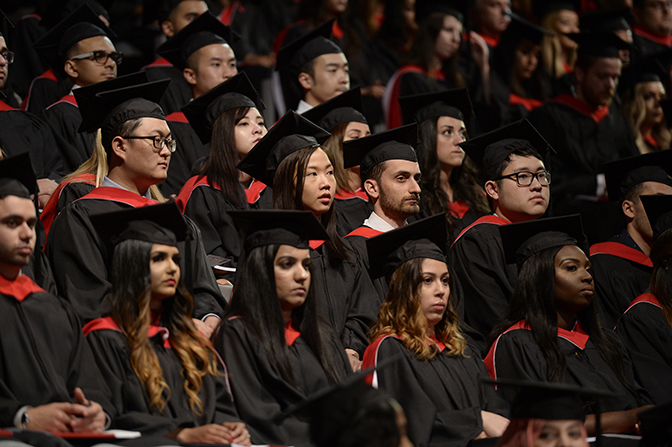'International students are ideal immigrants':
A critical discourse analysis of study-migration pathways in Canada, Australia, and Germany
Until recently, international students had to prove:
- their intended stay in host countries was strictly academic, and
- they would return home upon study completion
However, they are now actively pursued as ‘ideal’ immigrants in some countries with ‘dual intent’ study and stay policies. This policy discourse is circulating globally and a policy priority in countries including Australia, Canada, Germany, The Netherlands, Sweden, and Ireland.
This raises the questions:
- What caused this dramatic policy shift in how host countries relate to international students?
- What makes this policy attractive despite counter-imaginaries of international students as ‘risky’ outsiders, in light of anti-immigrant politics?
Under the direction of Dr. Roopa Desai Trilokekar, this 4-year Social Sciences and Humanities Research Council (SSHRC)-funded research project (awarded in 2018; ongoing with an extension) studies the emergence and implications of this policy discourse in Australia, Canada, and Germany. Grounded in critical policy analysis, it conceptualizes policy as both text and discourse (Ball, 2015). Using a comparative case study approach, it examines how policy discourses travel across multiple sites and scales by “following policies and ‘studying through’ these situations of policymaking” (McCann and Ward, 2012, 45).
We aim to understand:
- how national context impacts the uptake of policy discourse, and
- how this implicates the university as a key actor in the selection and policing of potential immigrants
Read on to see who is involved, our research outputs to date, and our key references.


